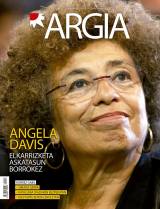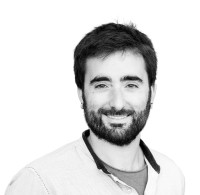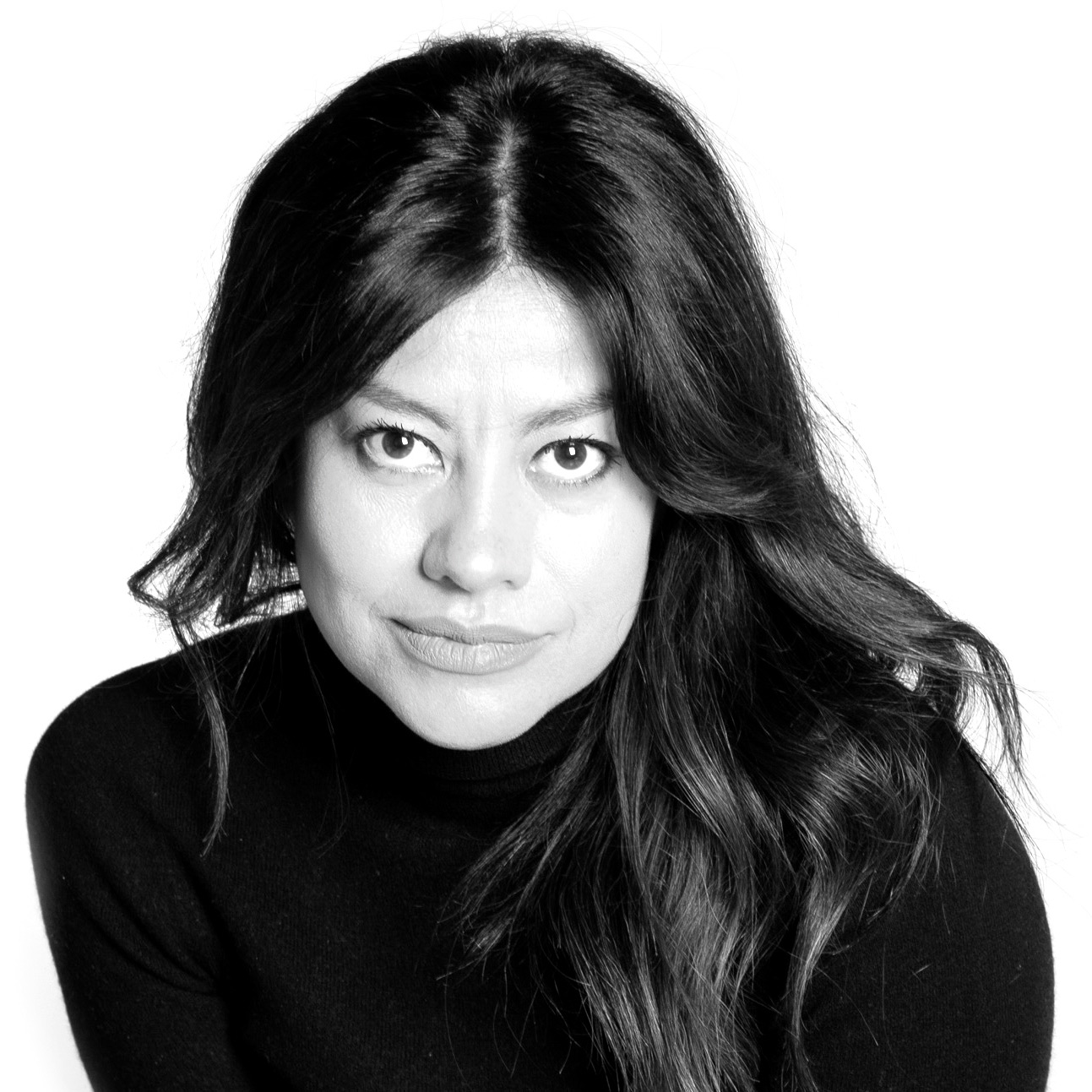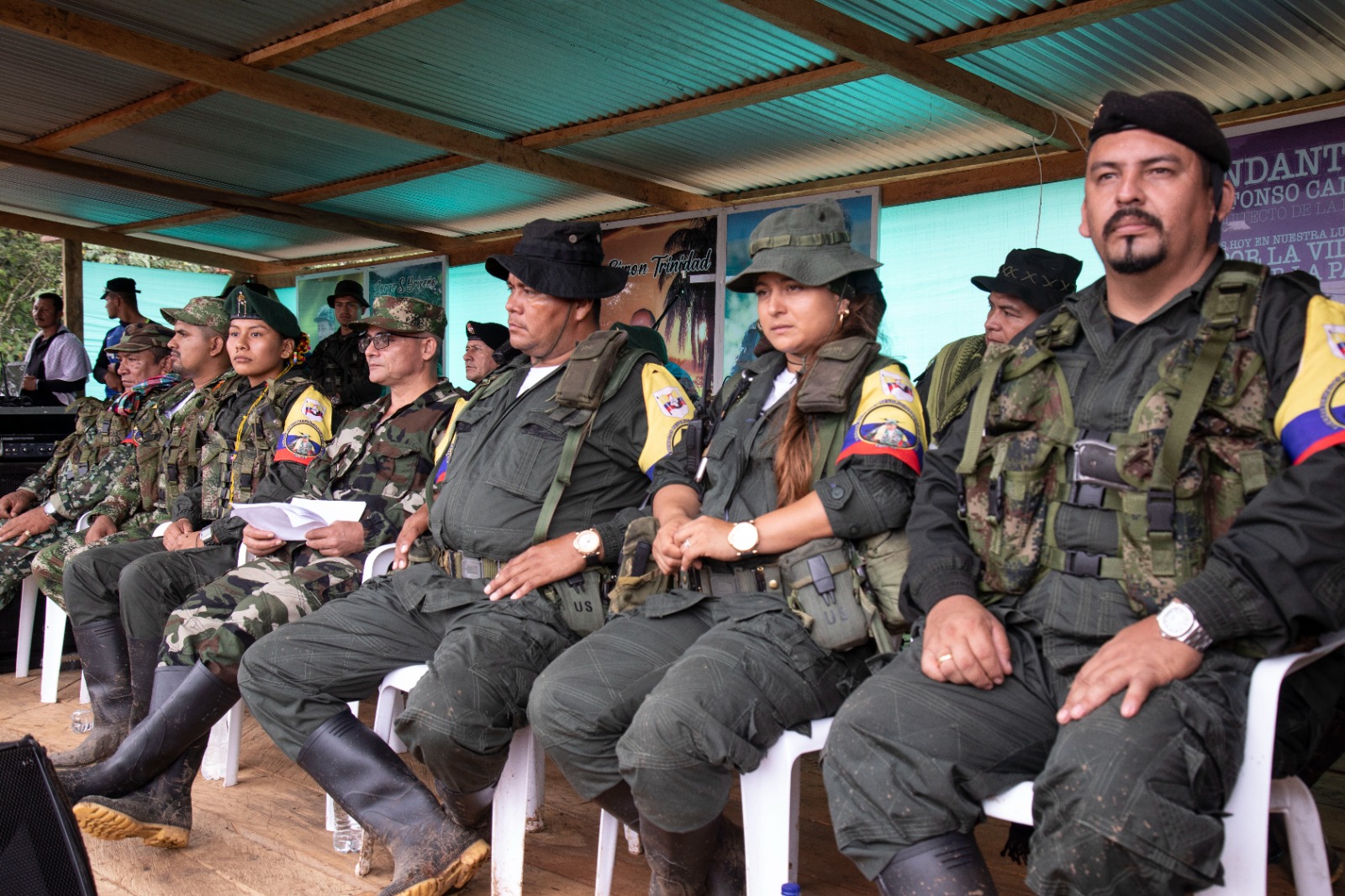"The government is cutting indigenous territories because, according to their conception, they are sterile"
- He has two cultures, since his mother is tikuna and his father is ethnic Kokama. Macedonia lives in the community, in the Colombian part of the Amazon region. It is indigenous before being Colombian, since the indigenous people live in Colombia, Peru and Brazil. From his community, he approached the area of San Martín de Amacayacu in June, where he shared an unusual politicized speech on behalf of ACITAM-Association of Indigenous Chiefs of the Amazon Region.
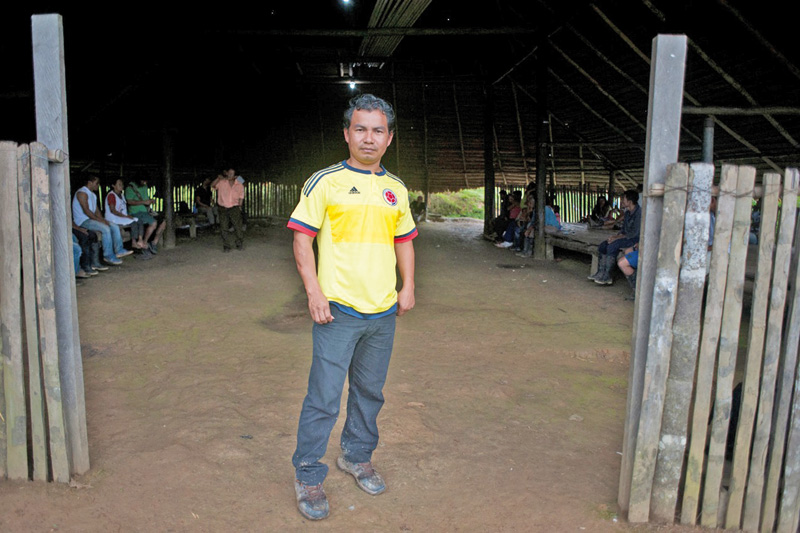
Looking at history, how has culture been preserved so quickly around the Amazon?
First was the conquest and then evangelization hit indigenous peoples hard, imposing a Christian god. Many caciques died defending indigenous thought, but the elderly shadowed our customs to children and children passed on their customs to their children. Many villages went to the forest to cope with the invasion, and many of them still remain trapped in the jungle, which do not know the river (Amazon). Many others returned to the riverbank and continued with the transmission. Then came the rubber exploiters, the exploitation of wood, the trafficking of skins -- the businessmen who came from outside received the indigenous as subjects or otherwise killed them. They took them to the cities and they lost their culture there. Then it was the time of coca. People who were not Colombian, gringos or other way of thinking, also mixed with them. It is thanks to the old that our culture has been maintained and it is my responsibility to continue to maintain it. Nothing has been written in ours, but in the Minga (Auzolan) the elders gave lessons.
All the inhabitants of San Martin speak the Tikuna language. Is that the consequence of the struggle?
That's right. But it is far from the San Martin River (Amazon) and they have not lost their culture, as elsewhere. The communities of Mocagua, Zaragoza, Macedonia (other communities in the same region) have had greater contact with the outside due to the proximity of the river. Our teachers have had a lot of influence, they're from the community and they speak the language. Parents also know and transmit the language. Only one student from the city learns what the government commands, in our case it is double, ours and the other is an advantage! In order to understand, maintain and transmit our environment, it is essential to develop our own teaching. But the other is also important, for example, to bring ideas to paper, that's what academia gives us. The internet has also come to us all of a sudden, about 10 years ago. This tool is also important to develop our knowledge, as in Google you can search, read and learn anything.
Are relations with the government always confrontational?
Before, there was a great struggle. In previous governments, such as Alvaro Uribe's, the only way to develop Colombia was to end minorities to overcome unique thoughts. This government has marked us a great deal, the imposed education, the imposed evangelization, and always as they wanted, as the indigenous wanted. In the 8 years that your government has lasted, we have carried out the struggle to develop our model.
Today we have gained a lot of rights, fighting and debating. Today there is talk of its own indigenous jurisdiction. An example here, in the community of San Martin de Amacayacu: the people apply environmental justice, also criminal justice. The Government cannot enter if there is no concertation: the indigenous and State authorities are on the table to cite a case. In some cases of crimes (theft, violence within the family) we carry out a reflection. It is impossible for governments to understand our vision. Suppose the case of a man hitting a woman. This is a serious crime for all, but we see that nothing can be done with it. Ordinary justice puts him in jail, where he meets with criminals and leaves there. What is sought is to punish, but also to resocialize, so that it becomes a good person. Here the head has the power, but the greatest power is that of the people's assembly, that of the inhabitants.
The community of San Martin is located in the Amacayacu National Park. Can that lead to more conflict?
National Parks were created around the 1950s, from there, from the capital. They created it as if there was no inhabitant here. For the indigenous there were no borders, there were no Ecuador, Brazil, Peru or Colombia. Regardless of the indigenous people who drew the borders of the peoples, that is why we are the Tikunak in Peru, Colombia or Brazil. I am here, my father in Brazil, and my brother is on the border of Peru. The indigenous peoples were closed down, because a territorial organization was made as if we were not here. The National Park was built in two communities, San Martín and Palmeras. It is the indigenous who truly protect the Amazon region, but resources do not reach us, but NGOs and National Parks do. That is why there is conflict and we know that it will follow, rather than an environmental issue, because this is political. For whom does the National Park protect resources? The Amazon must be protected for the world.
What are the urgent needs for indigenous peoples?
In this region of the Amazon, territoriality is the priority. If the indigenous wants to apply the systems, whether in education, health, justice or governance, it needs a territory to do so. I cannot have a family if I don't have a house. Little by little, the Government is cutting indigenous territories, according to its conception, because they are sterile and want to devote themselves to production. In saying this, it seems that the indigenous does not work; it does not work on a large scale, but it does work to meet their needs. We want our territory, without national and international actors (companies, multinationals). We want to reclaim our territory to connect with Amalur, to connect with the spirit of the jungle and of the water. All this is not in our hands at the moment, it is in the hands of the National Park, among other things.
Can the negotiations between the FARC and the government influence this?
They talk about agricultural reform and we would like to know how the territories will be divided. The political map will change, but what will it look like? In the negotiations there was a group of indigenous people, but the landless indigenous is no longer indigenous, so it will be seen how it develops.
I have recently had the opportunity to see the latest work by Pierre Carles, a committed documentary author. Under the name of Guérilla des FARC, l'avenir a une histoire (FARC guerrilla, the future has history), proposes a renewed account of the armed conflict that has lasted... [+]
Uwa, kamsá, tukuná, uitoto, tikun, embera, nasa/yuwe, nuka, sikuani, siano, macuna, yuruti, kichwa, achagua, bora, truncar. These are some of the languages spoken in Colombia. Unfortunately, when I lived in Colombia, in Cundinamarca, I did not have the opportunity to learn our... [+]
International Migrants Day is celebrated on 18 December. Last year, an institutional event was held at the Alhóndiga in Bilbao in cooperation with the social partners and I was invited to participate. There I had an unbeatable opportunity to meet new creators and, above all, to... [+]
An indifferent people! How different your destiny would be if you knew the price of freedom! But it's not too late. Although I am a woman and young, I now have the courage to face death and I would have it a thousand times more, do not forget! ".
With these words, Policarpa... [+]









